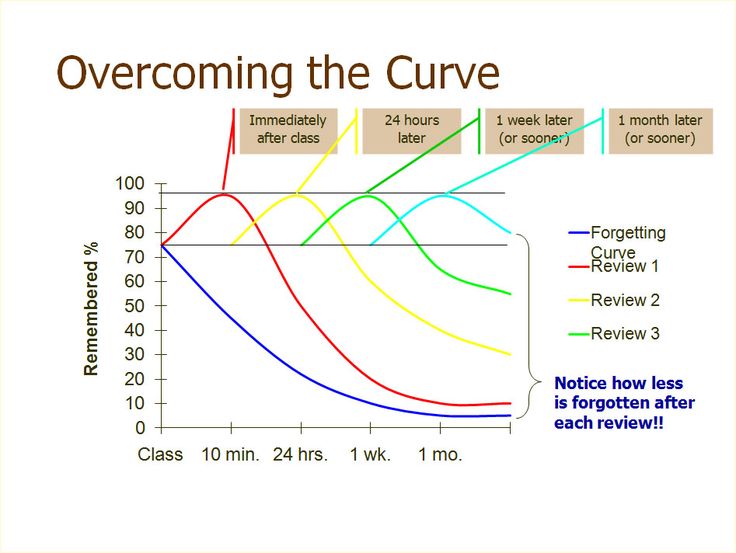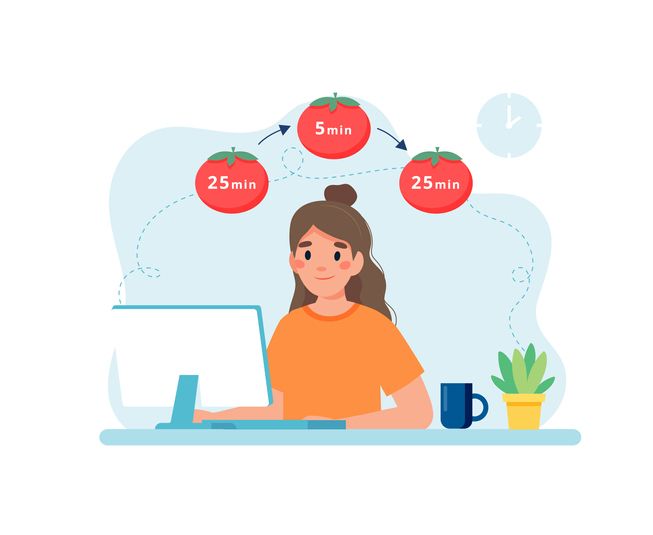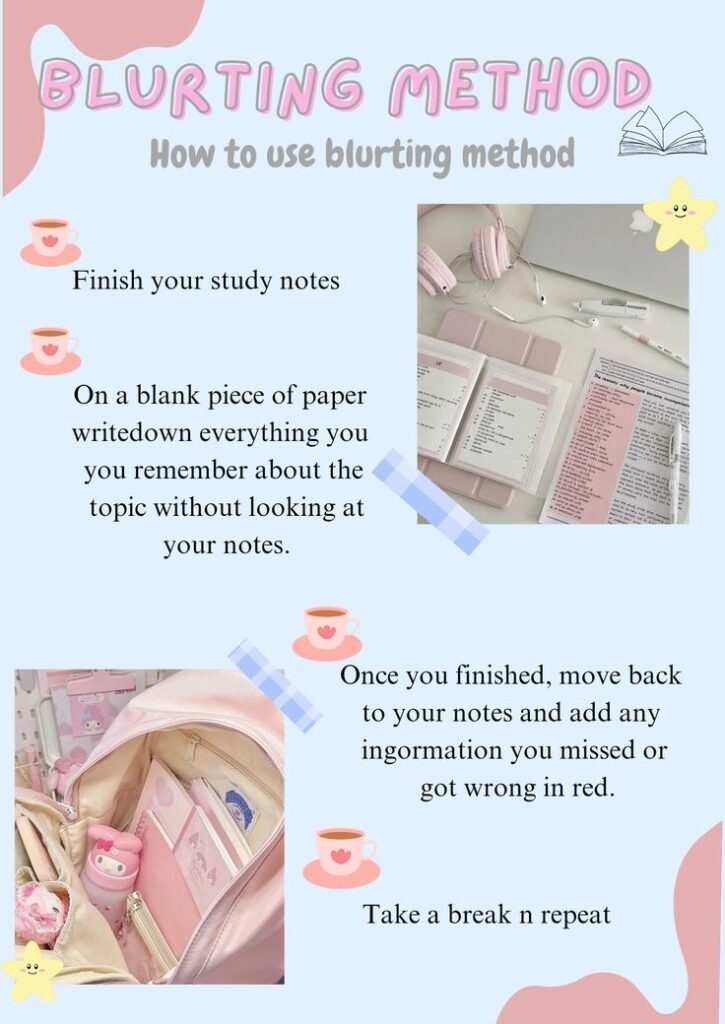Introduction: The Exam Season Survival Guide
Exams are trending, and not just because they’re stressful—they’re also an opportunity to prove your mettle, learn new skills, and grow as a person. But let’s face it: exam season can feel overwhelming. Between late-night study sessions, endless flashcards, and the pressure to perform, it’s easy to lose motivation.
In this blog, we’ll dive into the science-backed strategies and fun hacks to help you study smarter, stay motivated, and crush your exams. From memory-boosting techniques to stress-busting tips, this guide has everything you need to ace your exams while keeping your sanity intact.
Here’s what we’ll cover:
- The Science of Studying: How Your Brain Learns
- Fun Study Hacks to Boost Productivity
- Motivation Secrets to Keep You Going
- Stress Management: How to Stay Calm Under Pressure
- Last-Minute Exam Tips for the Procrastinators
Let’s get started!

Chapter 1: The Science of Studying: How Your Brain Learns
Understanding how your brain works can revolutionize the way you study. Here’s the science behind effective learning:
1. Spaced Repetition

Your brain forgets information over time, but you can combat this with spaced repetition. Instead of cramming, review material at increasing intervals (e.g., 1 day, 3 days, 1 week). Apps like Anki or Quizlet can help automate this process.
2. Active Recall
Testing yourself is one of the most effective ways to learn. Instead of passively rereading notes, try active recall by quizzing yourself or explaining concepts out loud. This strengthens neural connections and improves retention.
WAYS TO ACTIVE RECALL:
> flashcards
> blurting
> feynmann technique
> mindmaps
> summary sheets
> memonics
3. The Pomodoro + Active Recall Combo
✔ Study for 25 minutes without distractions
✔ Instead of re-reading, close the book & recall everything you just learned
✔ Write down or say out loud what you remember
✔ Fill in the gaps only after recalling
4. Sleep and Memory
Sleep is crucial for memory consolidation. During deep sleep, your brain processes and stores information from the day. Aim for 7-9 hours of sleep during exam season to maximize retention.
5. Multisensory Learning
Engage multiple senses while studying. For example, read your notes (visual), say them out loud (auditory), and write them down (kinesthetic). This creates stronger memory pathways.

Chapter 2: Fun Study Hacks to Boost Productivity
Studying doesn’t have to be boring. Here are some fun and effective hacks to make your study sessions more enjoyable:
🔥 1. Use the Feynman Technique

If you can’t explain a concept in simple terms, you don’t truly understand it.
✔ Step 1: Pick a topic and write it in simple words
✔ Step 2: Identify gaps in understanding and fill them
✔ Step 3: Use analogies & examples to reinforce learning
📖 2. The Pomodoro + Active Recall Combo

✔ Study for 25 minutes without distractions
✔ Instead of re-reading, close the book & recall everything you just learned
✔ Write down or say out loud what you remember
✔ Fill in the gaps only after recalling
🧠 3. Interleaving: Mix Subjects for Maximum Retention

✔ Study Math for 1 hour, then Science for 1 hour, then History for 1 hour
✔ Revisiting topics in different orders improves long-term memory & problem-solving skills
🔄 4. Blurting Method – Write Before Reviewing

✔ Close your notes
✔ Take a blank sheet and write everything you remember
✔ Compare with the textbook and correct mistakes
🎭 5. Memory Palace – Visualize to Memorize
✔ Assign information to familiar locations in your house
✔ Picture formulas, dates, or facts in different rooms
✔ Walk through your Memory Palace during the exam
🎵 6. The Mozart Effect – Music That Boosts Focus
✔ Lo-fi beats or baroque classical music (60 BPM) can enhance concentration
✔ Avoid songs with lyrics to prevent distractions
⏳ 7. Reverse Studying: Start with Questions, Then Learn
✔ Instead of reading textbooks first, start with past exam questions to know the pattern
✔ Identify gaps in knowledge and then study those topics
✔ Forces you to think critically, not just memorize
🎤 8. The “Peer Pressure” Method – Study in a Group

✔ Teach concepts to a friend – it boosts retention by 90%
✔ Make quick quiz challenges to test knowledge, make questions by yourself of the important concepts for later revisions
✔ Stay accountable to avoid procrastination
🚀 9. Start with Easy Topics to Build Momentum
✔ Begin your study session with an easy topic
✔ Once you build confidence, tackle the harder ones
✔ Avoid the “I don’t feel like studying” trap, the more you procrastinate, the more you get stressed and reduce your capability of studying accurately
Chapter 3: Motivation Secrets to Keep You Going

1. Set SMART Goals
Break study goals into Specific, Measurable, Achievable, Relevant, and Time-bound (SMART) tasks.
2. Visualize Success
Imagine yourself acing exams; it boosts motivation and reduces anxiety.
3. Use the 2-Minute Rule
Commit to studying for just 2 minutes to overcome procrastination.
4. Track Your Progress
Use a planner or app to track study progress and stay motivated.
5. Reward Yourself
Set up a reward system for completing study tasks.(not the distractive reward ^^)
Chapter 4: Stress Management: How to Stay Calm Under Pressure

Exam stress is real, but you can manage it with these science-backed strategies:
1. Practice Deep Breathing
Deep breathing activates your parasympathetic nervous system, which helps you relax. Try the 4-7-8 technique: inhale for 4 seconds, hold for 7 seconds, and exhale for 8 seconds.
2. Exercise Regularly
Physical activity reduces stress hormones and boosts endorphins. Even a 10-minute walk can improve your mood and focus.
3. Stay Hydrated and Eat Well
Dehydration and poor nutrition can worsen stress and fatigue. Drink plenty of water and eat brain-boosting foods like nuts, berries, and dark chocolate.
4. Use Positive Affirmations
Replace negative thoughts with positive affirmations like “I am prepared” or “I can handle this.” This can shift your mindset and reduce anxiety. Keep a high goal to keep you motivated.
5. Take Breaks
Don’t forget to take regular breaks to recharge. Use your breaks to stretch, meditate, or do something you enjoy.
Chapter 5: Last-Minute Exam Tips for the Procrastinators
If you’re running out of time, don’t panic! These last-minute tips will help you make the most of your remaining study time:
1. Focus on High-Yield Topics
Identify the most important topics or chapters that are likely to appear on the exam. Use past papers or study guides to prioritize.
2. Create a Cheat Sheet (But Don’t Cheat! ><)
Summarize key concepts, formulas, or definitions on a single sheet of paper. The act of creating the sheet will help you remember the information.
3. Use Mnemonics
Mnemonics are memory aids that help you recall information. For example, use PEMDAS to remember the order of operations in math (Parentheses, Exponents, Multiplication, Division, Addition, Subtraction).
4. Practice Under Exam Conditions
Simulate exam conditions by timing yourself and answering practice questions without notes. This will help you get used to the pressure and improve your time management.
5. Stay Positive
Even if you feel unprepared, stay positive. Focus on doing your best rather than aiming for perfection. The more you stress out, the more will be the chances of your brain blanking out in the middle of the exam.
Conclusion: You’ve Got This!
Exams may be stressful, but they’re also an opportunity to showcase your hard work and dedication. By using science-backed strategies, fun study hacks, and motivation tips, you can tackle exam season with confidence and ease.
Remember, it’s not about being perfect—it’s about doing your best. So take a deep breath, trust yourself, and go crush those exams! All the besttt!!!

Subscribe to THECURIOSITYGRID
Enter your email to stay updated with the blogs!

zidfyghngyqrtiygvdufzlgqhgirhz
hyrmjriffpkdyqdydutghuqqljwiky
Pingback: What Happens If You Stop Sleeping? - The Curiosity Grid
Pingback: How I Use ChatGPT to Make ₹5K a Month Without Writing a Single Line of Code! - The Curiosity Grid